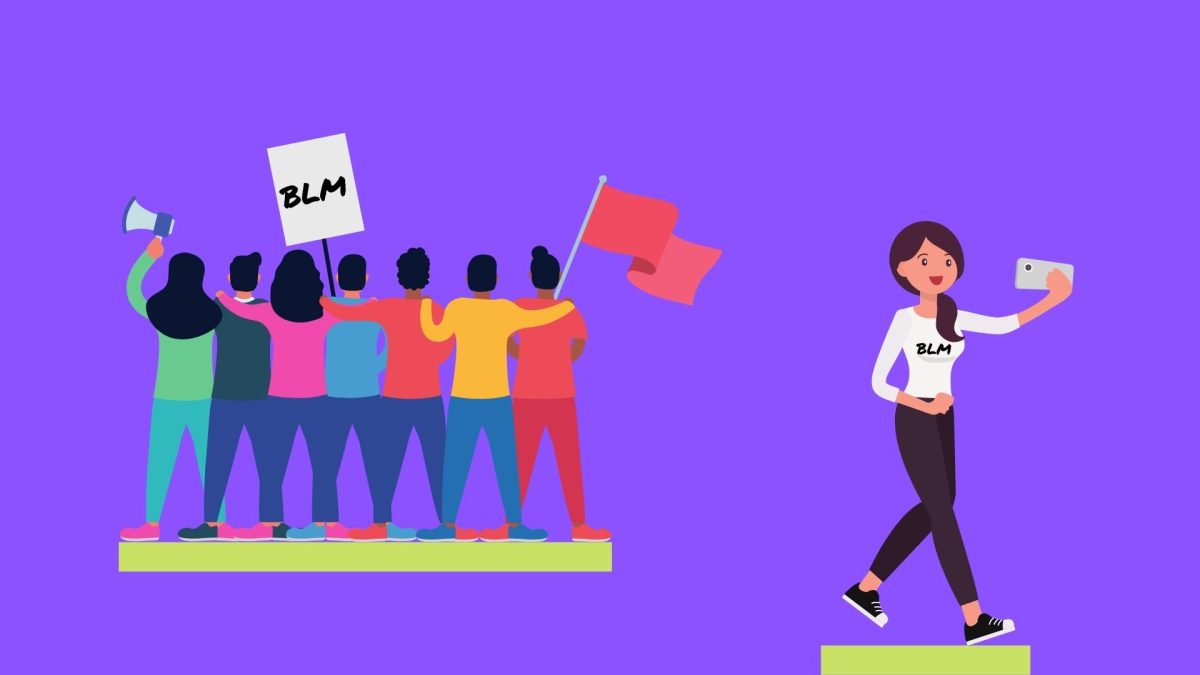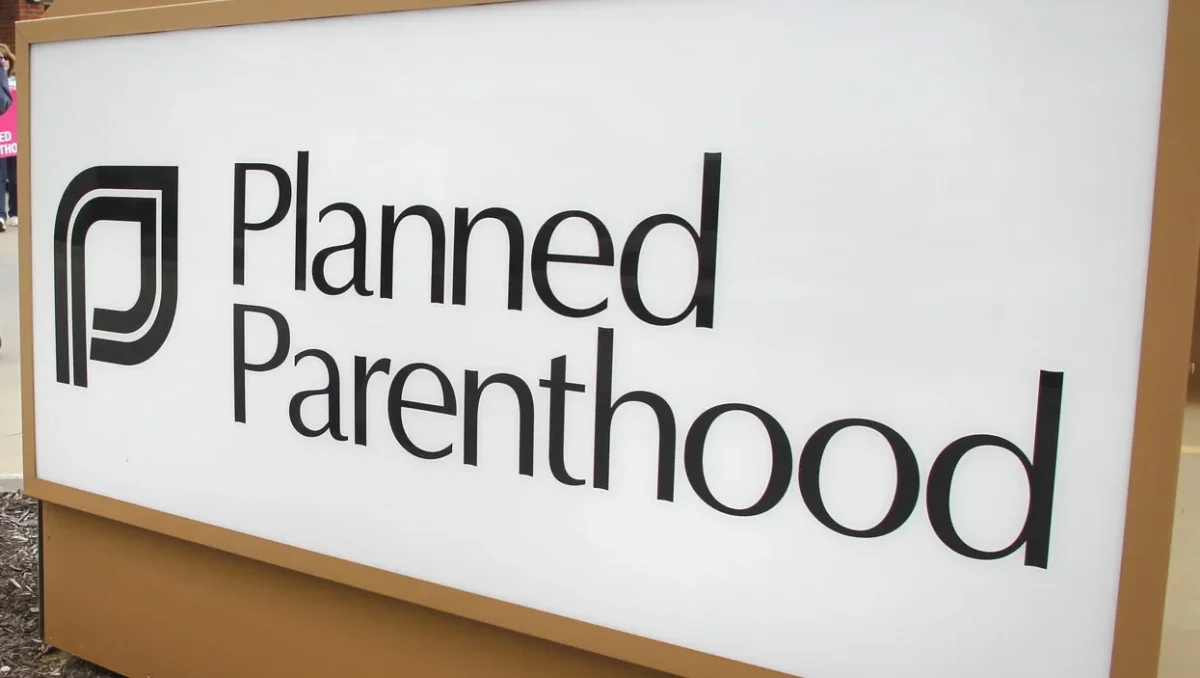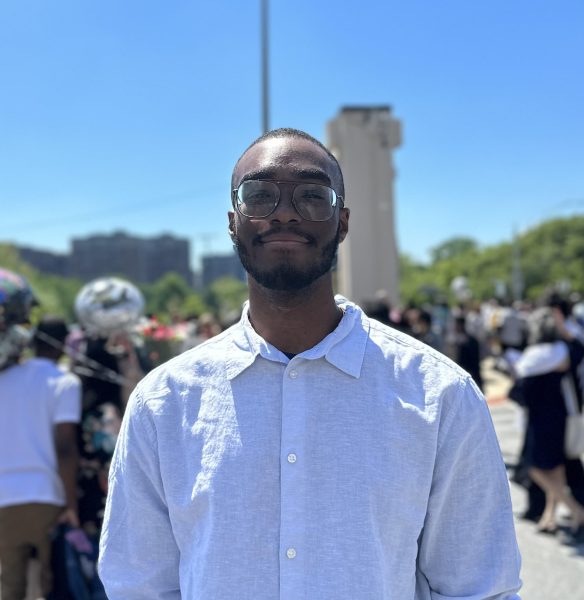In late October, I was having a somber conversation with a classmate about the genocide in Palestine unfolding on our social media feeds.
Before Israel’s brutal and indiscriminative bombing of the Gaza Strip, I knew little about the occupation of the Palestinian people. My friend and I were both horrified by what we saw on social media platforms like TikTok and Twitter.
Homes turned to rubble. Children suffering. Bodies stacked on bodies. An entire culture being threatened with extinction.
As already stated, this example of modern colonization was a subject I knew close to nothing about. My friend shared the same sentiment.
Before class, we shared our confusion about the situation. How could something like this happen? How could America, the shining symbol of liberty and justice, fund such a brutal occupation?
In the weeks following the crisis in Gaza, we both were on journeys of education. But, that journey was fueled by two vastly different motivations.
I wanted to become educated because as a witness to the horror, and I had a responsibility to be well-informed.
He wanted to be informed, and I quote, “so I know what to post about.”
I was taken aback, and let out a laugh at how bizarre that statement was.
“What do you mean,” I asked.
He replied: “Everyone is posting about Palestine, and I don’t want to sound dumb when I make my post.”
This candid admission opened my eyes to something I only heard about online and never saw in person.
It’s been said that Gen Z is the most politically active generation. Active, yes. Aware? Maybe not.
According to data collected by the site Exploring Topics, around one-third of Gen Z engaged in political activism in 2020. And that number is undoubtedly increasing.
This is overall a positive thing.
However, I am left to wonder where that hunger to be politically minded stems from. Are we doing the right thing for all the wrong reasons?
Is this activism simply performative?
This disturbing trend to popularize serious political movements and turn them online fabs or inspirational aesthetics was seen on full display in 2020 during the Black Lives Matter movement.
The murder of George Floyd at the hands of police officers in Minneapolis sparked online outrage and calls for justice. Social media sites were flooded with users posting black squares as a show of allyship with Black Americans.
#BlackoutTuesday saw celebrities, consumer brands, and influencers take a public stand against racism. In a perfect world, this would be a moving example that change is possible with collective action.
However, the world we reside in is not a perfect one. Far from it.
#BlackLivesMatter devolved into yet another social media trend to bandwagon on. Yet another hashtag to boost your Instagram page.
The black square which was meant to be seen as a radical symbol and show of public support for the Black Lives Matter movement, was taken and turned into a performative method to show off to the world just how good of a person you are.
This is not seen only by individuals online, we can find forms of performative activism committed by brands hoping to appeal to the Gen Z audience by using politics.
Without fail, during Pride month corporations who are desperate for positive online engagement will proudly flaunt the rainbow flag and colors and sponsor parades.
On the surface level, this could be seen as true allyship and support for the LGBTQ community. However, one only has to look just a little deeper to see their true intentions.
This was most clearly seen when Target brand became, ironically, the target of online hate from conservatives over their pride merchandise.
On social media, the company claims to be the true advocate that stands for the LGBTQ community. But the very second Target felt legitimate pushback they discontinued their pride collection.
When they had a legitimate opportunity to show their support, they failed the test.
Because at the end of the day, these corporations care little about how they can influence American politics for the better. They only care about adding another zero to their bank account.
This self-serving desire to take a stand only when everyone else is doing it brings us back to my conversation with my classmate regarding Palestine.
At that time, I couldn’t find a proper way to express how his desire to post about the crisis purely to engage in a social media “trend” was doing more harm than good.
If I could go back, I would tell him that these half-hearted posts not only dilute the movement, they also can lead to the spread of misinformation.
We saw this when uninformed and ignorant celebrities like Justin Beiber went on to Instagram to post a photo of a bombed city street with the caption “prayers for Israel” when in reality that photo was of a destroyed Gaza.
Celebrities and influencers have been primed by modern culture to see activism as yet another aspect of their job and not a serious calling.
So, when they see people post about the latest global political crisis, they will jump on that online discourse and send “thoughts and prayers.”
Instead of demanding celebrities to speak up on politics, we should turn that attention to the ones who are actually in power
Because once that trend dies, so does people’s interest in it.
It is the unfortunate truth, but the truth nonetheless.










